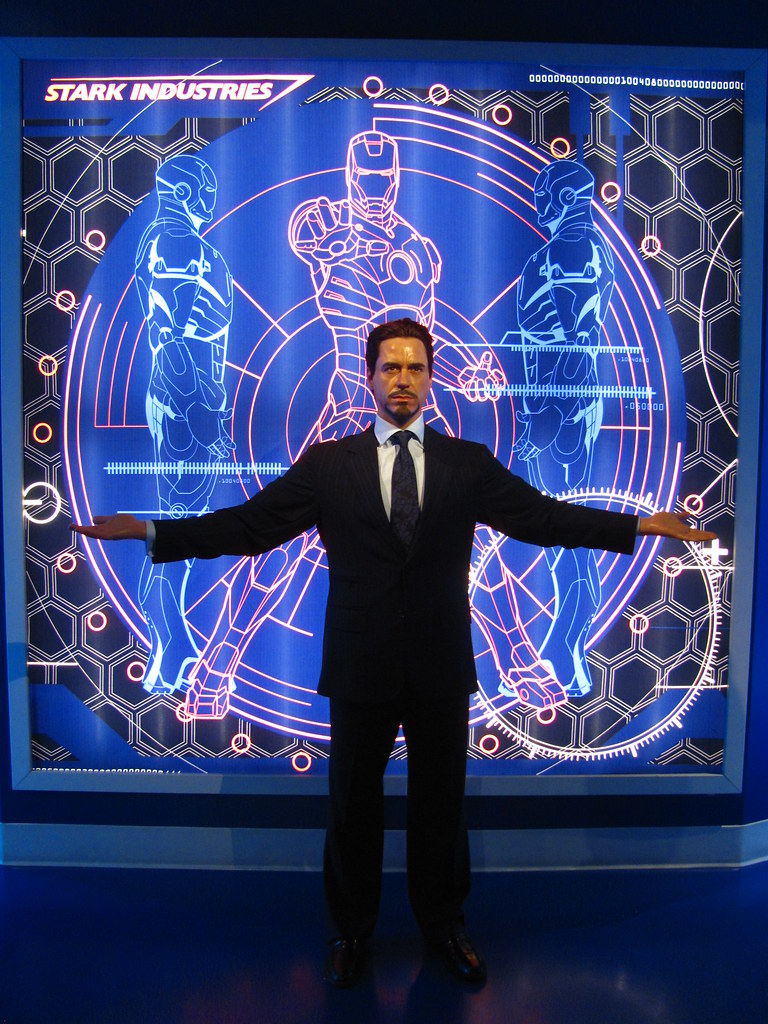
Robert Downey Jr. has always been a figure of captivating paradoxes in Hollywood, a trajectory marked by incredible highs and profound personal valleys. For years, he was synonymous with the armored Avenger, Tony Stark, a role that not only redefined his career but also anchored the monumental narrative of the Marvel Cinematic Universe. His departure from the MCU in ‘Avengers: Endgame’ was a poignant, seemingly definitive farewell, cementing Iron Man’s sacrifice as one of cinematic history’s most impactful moments. Yet, the landscape of his career, and indeed the broader entertainment industry, has undergone a seismic shift in recent months, culminating in a series of events that have left fans and critics alike in a state of both awe and intrigue.
The journey began with an artistic renaissance, a powerful pivot back to dramatic excellence that saw him captivate audiences in Christopher Nolan’s critically acclaimed ‘Oppenheimer’. This performance, a masterclass in nuanced character portrayal, earned him his very first Academy Award, a historic triumph that seemingly heralded a new, post-Marvel era for the actor. However, just as the industry began to digest this dramatic turn, news broke that would once again tie him inextricably to the very franchise he had so heroically departed. The announcement of his return to Marvel, not as the beloved Iron Man, but as a formidable new antagonist, Doctor Doom, has ignited a fervent discussion, painting a complex portrait of an actor at the zenith of his powers, yet still drawn to the expansive universe he helped build.
This article delves into the intricate layers of Robert Downey Jr.’s recent journey, tracing the remarkable path from his Oscar-winning performance to the surprising revelations surrounding his Marvel comeback. We will meticulously unpack the key moments, candid statements, and strategic industry decisions that have shaped this extraordinary narrative, offering an authoritative look at the man, the roles, and the shifting dynamics of one of Hollywood’s most influential careers. Join us as we explore the defining chapters of what can only be described as a year of unparalleled transformation for Robert Downey Jr.
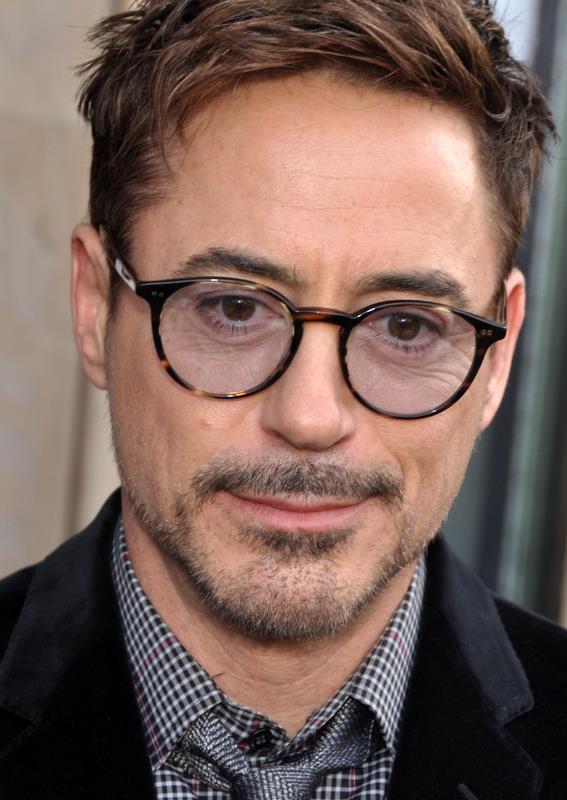
1. **Robert Downey Jr.’s Historic Oscar Triumph for ‘Oppenheimer’**Robert Downey Jr. etched his name into the annals of Academy Awards history on Sunday, March 10, by securing his very first Oscar win at the 96th Academy Awards. This monumental achievement saw him take home the coveted Best Supporting Actor award for his compelling portrayal of Lewis Strauss in Christopher Nolan’s epic biographical thriller, ‘Oppenheimer’. The win represented a powerful validation of his dramatic prowess and marked a significant milestone in a career spanning decades, often overshadowed by the colossal success of his superhero persona.
His performance as Strauss, a complex and often morally ambiguous character, showcased a depth and subtlety that resonated deeply with critics and audiences alike. The role demanded a departure from the quick-witted, charismatic energy often associated with Tony Stark, instead requiring a nuanced exploration of ambition, paranoia, and political maneuvering. Downey Jr.’s ability to embody such a starkly different persona with undeniable conviction undoubtedly played a pivotal role in securing this prestigious accolade.
This Oscar victory wasn’t merely a personal triumph for Downey Jr.; it also symbolized a broader recognition of his artistic evolution and resilience. After years of defining a cinematic universe, his return to a more character-driven, intellectually demanding role proved that his talents extend far beyond the confines of a superhero suit. The win served as a powerful reminder of his versatility and commitment to the craft, reinforcing his status as one of Hollywood’s most compelling and enduring talents.
Read more about: From Brat Pack Rebel to MCU Icon: The 12 Unforgettable Roles That Defined Robert Downey Jr.’s Phenomenal Career
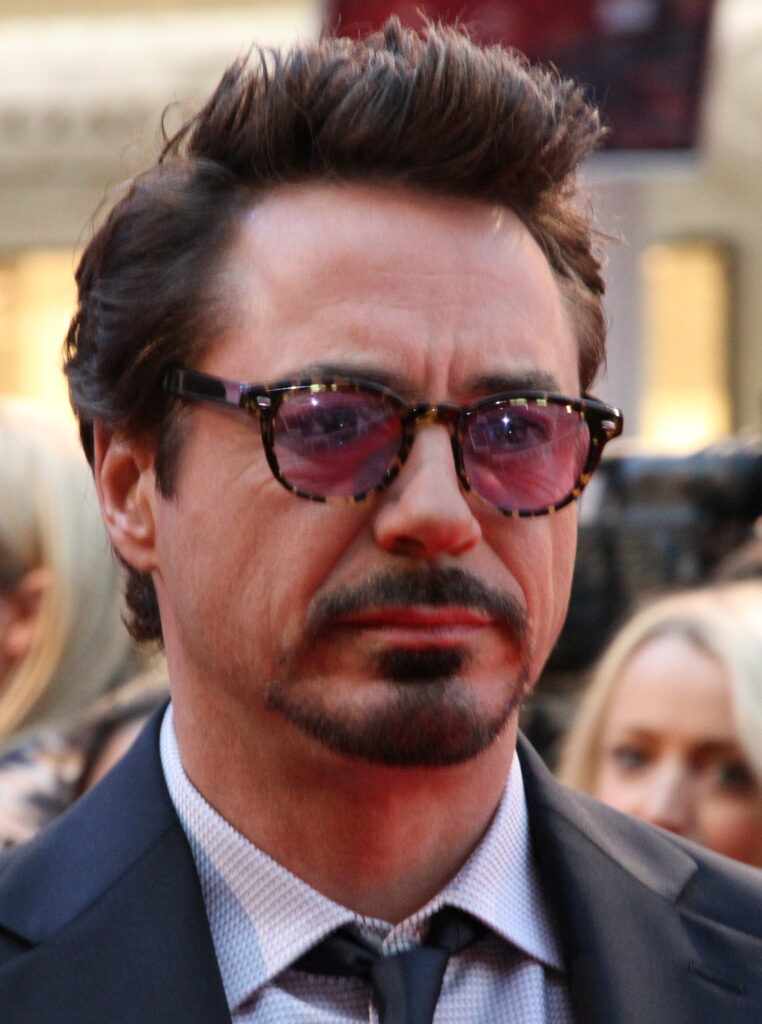
2. **The Poignant Resonance of His Oscar Acceptance Speech**Robert Downey Jr.’s acceptance speech for his Best Supporting Actor Oscar was a quintessential RDJ moment: heartfelt, humorous, and laced with his characteristic self-deprecating charm. He famously kicked off his remarks with a line that instantly went viral, stating, “I’d like to thank my terrible childhood and the Academy, in that order.” This opening immediately set a tone that was both irreverent and deeply personal, capturing the audience’s attention with its raw honesty.
Continuing with his unique blend of wit and affection, Downey Jr. then acknowledged his wife, Susan Downey, in a truly memorable fashion. He humorously referred to her as his “veterinarian,” before correcting himself to say, “I meant wife Susan Downey, over there. She found me a snarling rescue pet, and it loved me back to life. And that’s why I’m here. Thank you.” This touching yet playful tribute underscored the profound impact his wife has had on his personal and professional resurgence, framing her as the pivotal force behind his ability to thrive.
The speech also contained a deeply reflective sentiment about his career and the significance of the ‘Oppenheimer’ role. “Here’s my little secret: I needed this job more than it needed me,” he confessed, a candid admission that spoke volumes about his desire for meaningful work and a connection to a different kind of filmmaking. He went on to thank Christopher Nolan and his costars, affirming, “I stand here before you a better man because of it. What we do is meaningful, and the stuff we decide to make is important.” These words highlighted his renewed appreciation for the artistic integrity of his profession and the transformative power of the projects he chooses.
Read more about: Owen Cooper Makes Emmy History: “Adolescence” Star Becomes Youngest Male Acting Winner at 77th Primetime Emmys
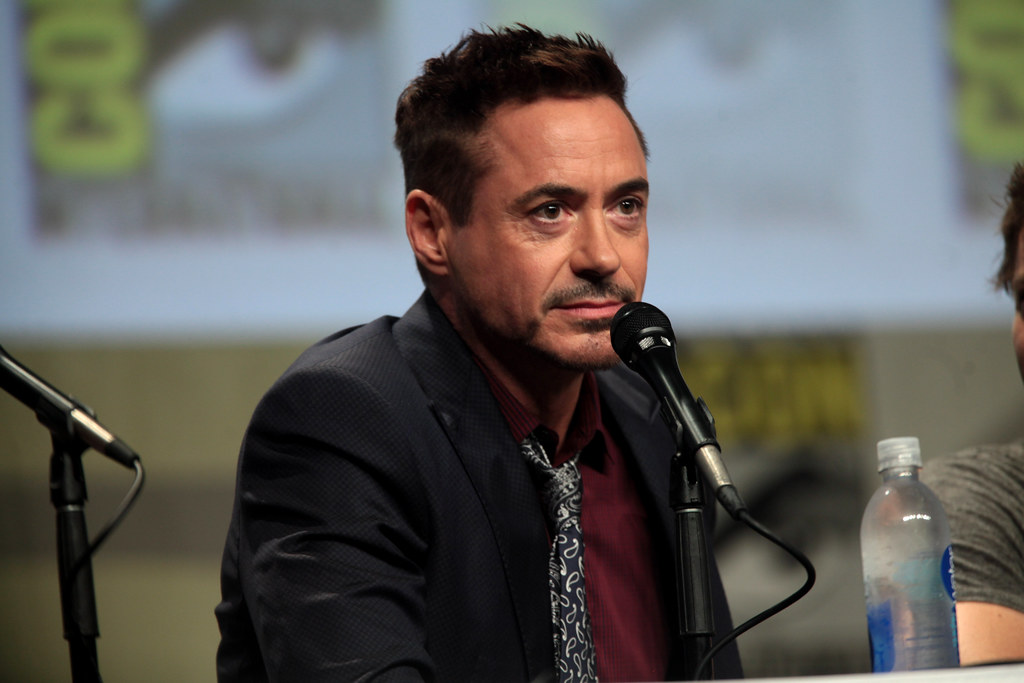
3. **’Oppenheimer’ as a Career “Demarcation Line” and Artistic Reconnection**Ahead of his Oscar win, Robert Downey Jr. had already articulated the profound impact of ‘Oppenheimer’ on his artistic perspective, describing it to the New York Times as a “demarcation line” in his career. This powerful metaphor underscored a significant shift in his approach to acting, indicating a clear break from previous motivations and a re-evaluation of his professional purpose. The role of Lewis Strauss evidently provided a profound moment of introspection and reorientation for the seasoned actor.
Downey Jr. elaborated on this shift, revealing that his involvement in ‘Oppenheimer’ allowed him to regain his “connection with a more purist approach to making movies.” He openly questioned the pursuit of wealth and prestige, stating, “At this point, you’re not doing it for the money. Were you ever doing it for the money once your baseline needs were met? Probably not. Did you think it was about money and prestige? Probably from the time I was a teenager until that illusion dissolved in front of me, leaving me in a depressive state.” This honest assessment highlighted a mature understanding of his craft, prioritizing artistic fulfillment over superficial rewards.
He expressed a deep, almost fated, connection to the character of Lewis Strauss, asserting, “I don’t know why I can relate to Lewis Strauss so much, but I felt like I was meant to play this role, and I knew I’d be in capable hands.” This sentiment illustrates a renewed sense of purpose and a desire to engage with roles that resonate on a personal, almost spiritual level. ‘Oppenheimer’ clearly offered him a chance to move beyond the commercial demands of blockbusters and delve into the complexities of human nature, proving to be a defining moment in his pursuit of profound cinematic experiences.
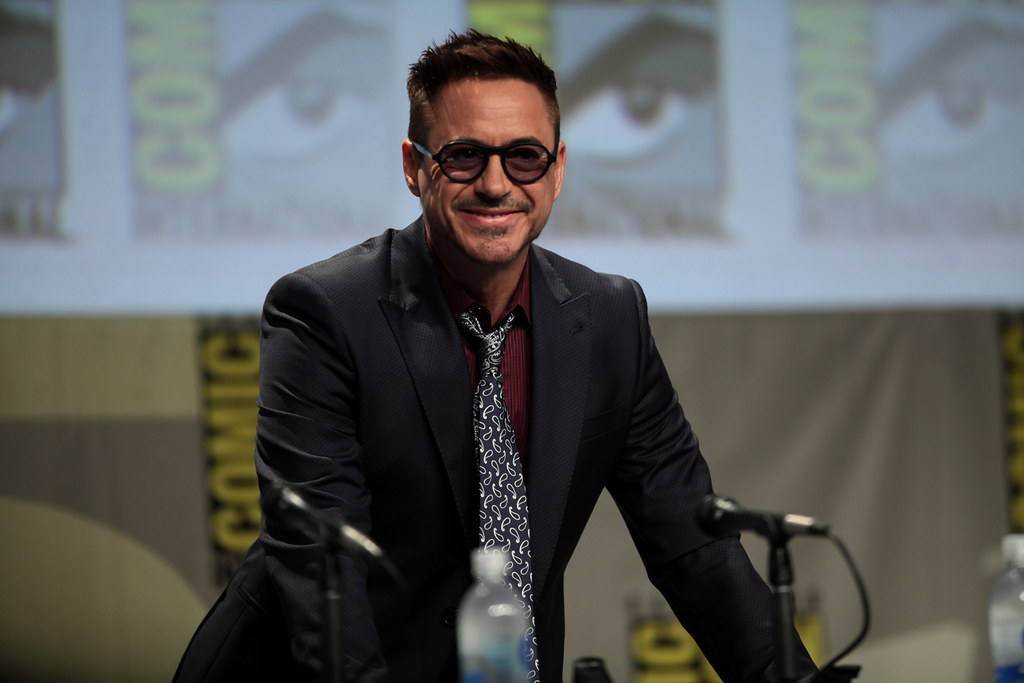
4. **Gwyneth Paltrow’s Revelation on RDJ’s Iconic Improv on the ‘Iron Man’ Set**Long before his Oscar triumph and subsequent Marvel return, Robert Downey Jr.’s unique approach to his craft was well-documented by his peers. Gwyneth Paltrow, who starred alongside him as Pepper Potts in the ‘Iron Man’ films, offered a fascinating glimpse into his on-set spontaneity and improvisational genius. She recalled, per Esquire, how Downey Jr. would frequently deviate from the script, injecting a dynamic and unpredictable energy into the filmmaking process that became a hallmark of the early MCU.
Paltrow vividly described the chaotic yet creative atmosphere during filming, particularly the morning sessions with director Jon Favreau and Downey Jr. “There would be this process of [director] Jon Favreau and Robert and I going into Jon’s trailer in the morning and Robert being like, ‘I’m not f—ing saying these lines’ and throwing them out,” she recalled. This anecdote paints a picture of an actor who refused to be constrained by dialogue, constantly seeking to elevate the material through his immediate instincts. Her comment about eventually “stopped bothering to learn her lines at all” further emphasizes the pervasive nature of his improvisation.
This penchant for live improv, both in the trailer and on set, was driven by Downey Jr.’s desire for authenticity. Paltrow explained, “I think in order for something to feel alive for Robert, it has to feel fresh, and he makes it fresh by making it feel like it was just invented.” This insight reveals a core aspect of his acting philosophy: a belief that true performance springs from the moment, from an unscripted spontaneity that brings characters to life. It’s a testament to his creative power that “so many of those famous lines were written 10 minutes before we said them,” underscoring how his improvisational brilliance shaped the very essence of Tony Stark and the beloved Marvel franchise.
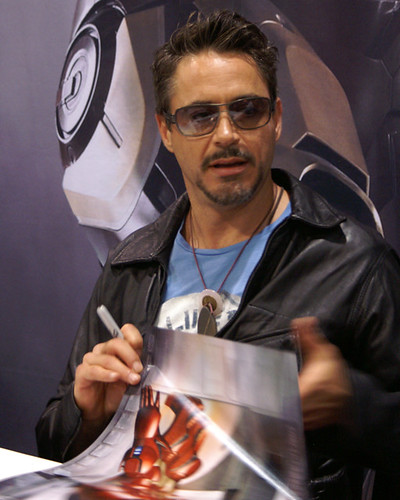
5. **The Initial Buzz: RDJ’s Enthusiastic Openness to an MCU Return**The question of Robert Downey Jr.’s return to the Marvel Cinematic Universe lingered in the air for years following Iron Man’s sacrifice in ‘Avengers: Endgame’. However, his responses to this burning question, particularly in the lead-up to his Oscar win and before the Doctor Doom announcement, demonstrated a surprising and enthusiastic openness. He clearly harbored a deep affection for the franchise that had redefined his career, hinting that his connection to the role remained very much alive.
In an interview with Esquire for their latest story, Downey Jr. addressed the possibility of an MCU comeback with a resounding “Happily.” He further elaborated on this sentiment, explaining, “It’s too integral a part of my DNA. That role chose me.” These powerful statements conveyed more than just a willingness; they suggested an inherent, almost predestined connection to the character of Tony Stark and the universe he inhabited. It was clear that the role wasn’t just a job; it was a fundamental piece of his identity.
Demonstrating his unwavering faith in Marvel’s leadership, Downey Jr. added a crucial caveat to his openness: “And look, I always say, Never, ever bet against Kevin Feige. It is a losing bet. He’s the house. He will always win.” This declaration not only signaled his respect for Marvel Studio President Kevin Feige’s strategic vision but also subtly implied that if there were a way for him to return meaningfully, Feige would undoubtedly orchestrate it. This stance laid the groundwork for future possibilities, leaving the door ajar for a comeback under the right circumstances and the right leadership.
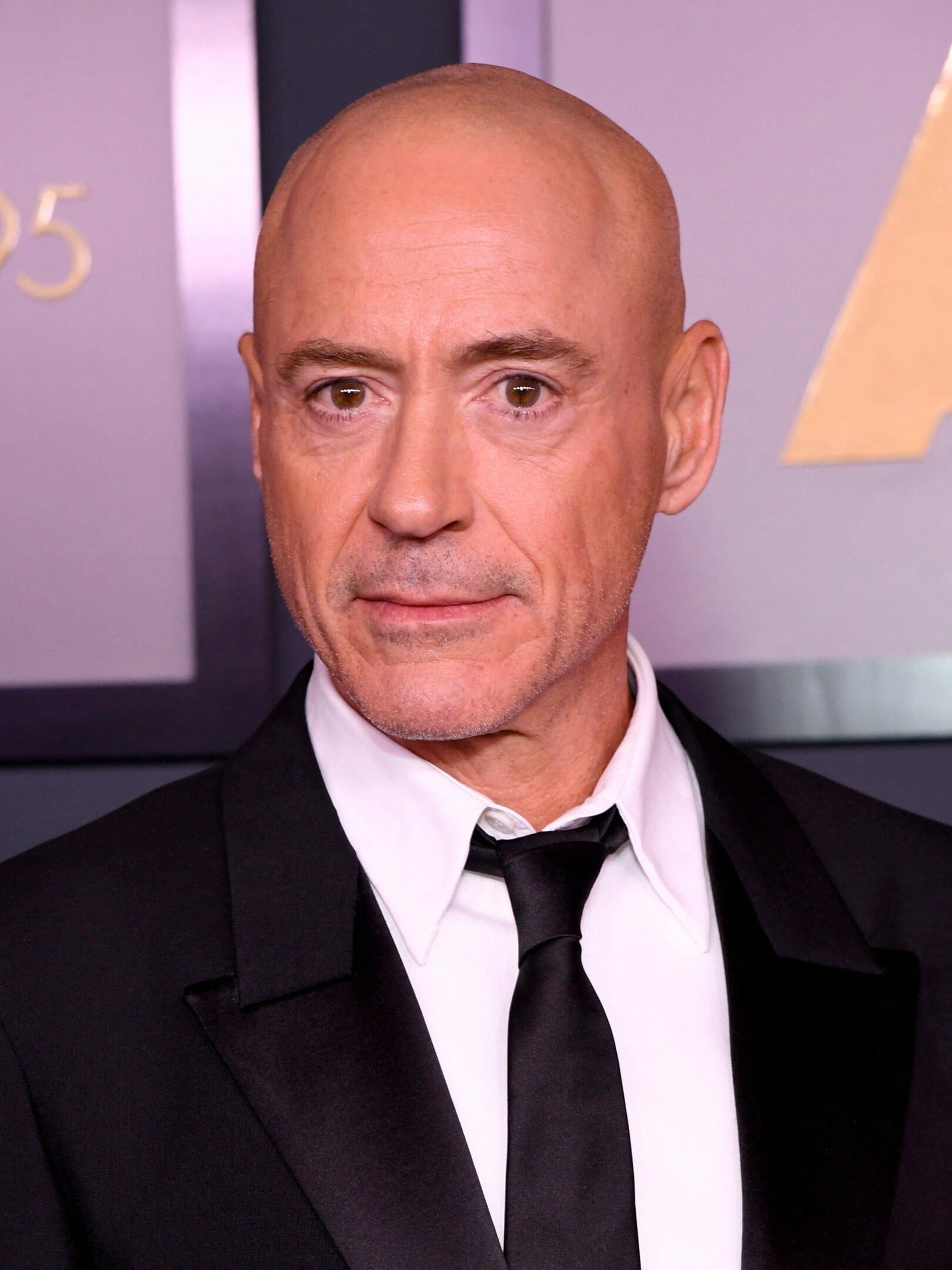
6. **Kevin Feige’s Steadfast Position on Iron Man’s Untouchable Legacy**Despite Robert Downey Jr.’s expressed openness to a Marvel return, the official stance from Marvel Studios President Kevin Feige, particularly in the immediate aftermath of ‘Avengers: Endgame’, was unequivocally firm regarding the fate of Tony Stark. Feige’s pronouncements consistently emphasized the sanctity of Iron Man’s sacrifice and the desire to preserve that pivotal moment without alteration. This commitment to narrative integrity was a cornerstone of Marvel’s storytelling strategy at the time.
Speaking with Vanity Fair last December, Feige explicitly addressed the possibility of Iron Man’s resurrection, stating, “We are going to keep that moment and not touch that moment again.” He further elaborated on the deep effort invested in crafting that storyline, adding, “We all worked very hard for many years to get to that, and we would never want to magically undo it in any way.” This resolute position highlighted the magnitude of Iron Man’s exit, framing it as a carefully constructed, irreversible narrative conclusion designed to have lasting emotional weight.
Feige’s comments underscored a desire to respect the powerful emotional payoff delivered by ‘Avengers: Endgame’ and to avoid cheapening Tony Stark’s heroic sacrifice for the sake of a temporary fan-service return. The decision to “not touch that moment again” was about maintaining the gravitas and finality of Iron Man’s journey, ensuring that his legacy remained untarnished. This firm stance from the architect of the MCU set a clear boundary, seemingly closing the chapter on any potential revival of Tony Stark, even as speculation about Downey Jr.’s future continued to swirl.
The narrative of Robert Downey Jr.’s professional life has taken another extraordinary turn, shifting dramatically from the profound artistic triumph of his Oscar win and his apparent ‘Post-Marvel’ declaration to a seismic re-entry into the very universe he so memorably departed. This new chapter is not merely a return but a reimagining, a bold strategic play that has sent a shockwave through the entertainment industry and ignited fervent discussions among fans and critics alike. It’s a testament to his enduring allure and the magnetic pull of the Marvel Cinematic Universe that such an unexpected comeback could even be conceived, much less executed with such fanfare.
This section delves into the intricate details of Downey Jr.’s surprising unveiling as Doctor Doom, meticulously examining the strategic implications of this new role for both the actor’s illustrious career and the evolving landscape of the MCU. We will explore the immediate impact of his return as a formidable new character, analyze the industry’s varied reactions to this bold move, and uncover the layers of justification and artistic intent that underpin what many are calling a stroke of genius. The journey ahead promises to unravel the complexities of this unprecedented comeback, offering a discerning look at the man, the character, and the broader cinematic universe he now inhabits.
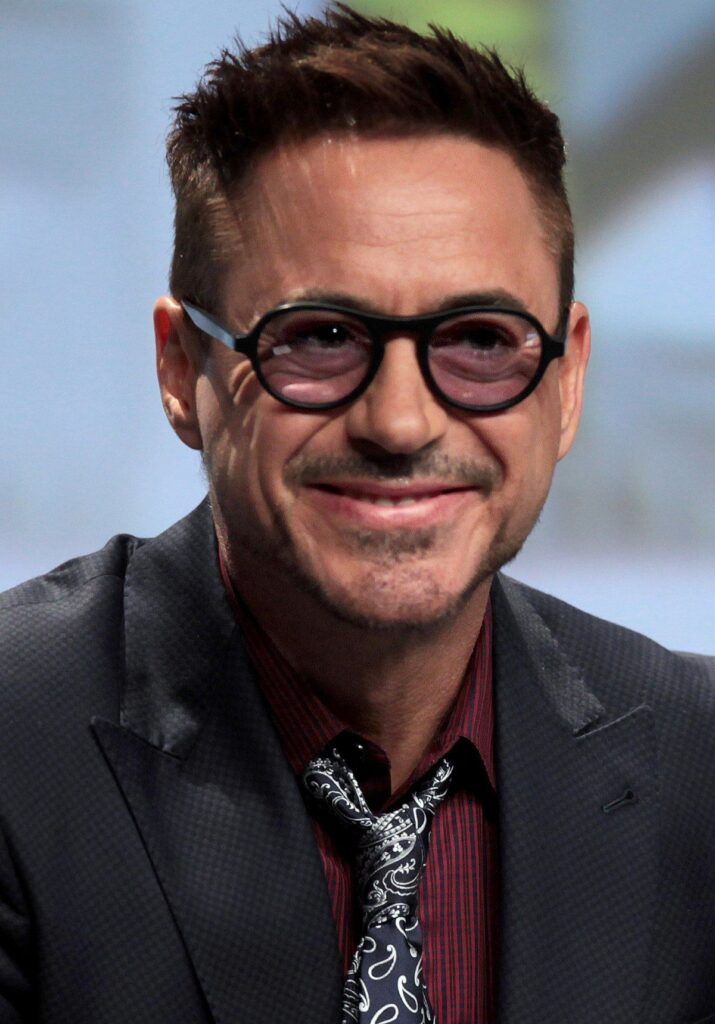
7. **The Shockwave: RDJ’s Return to Marvel as a New Character**The entertainment world, still reeling from Robert Downey Jr.’s Oscar win and his reflections on a career “demarcation line,” was hit with another monumental revelation at a recent Marvel Comic-Con presentation. The unveiling of Doctor Doom as the franchise’s formidable new villain, set to lead through to the newly announced ‘Avengers: Doomsday’ and ‘Secret Wars’, was only half the surprise. The true spectacle arrived when, from an ensemble of costumed Von Dooms, Robert Downey Jr. stepped forward, tearing off his mask to a “nerdgasm” of approval.
This moment was nothing short of historic, signalling the return of an actor whose presence defines an era of blockbuster cinema. The crowd’s “nuclear admiration” for Downey Jr. underscored the profound connection fans have with him, regardless of the character. This resurrection, as some have called it, arrived to “rectify the sins of Marvel’s recent past,” immediately imbuing the franchise with a renewed sense of gravitas and excitement that had arguably been flagging.
The true genius lay not just in his return, but in the radical departure from expectations. For years, the prevailing assumption was that if Downey Jr. were to return, it would invariably be as Tony Stark, perhaps a variant from another universe. This sentiment was bolstered by the multiverse era’s tendency to “lucratively min[e] into audience nostalgia by bringing old superheroes back into the fold.” However, this comeback presented a different kind of nostalgia play: the actor returns, but not the beloved superhero persona he originated, marking a deliberate and impactful shift in narrative strategy.
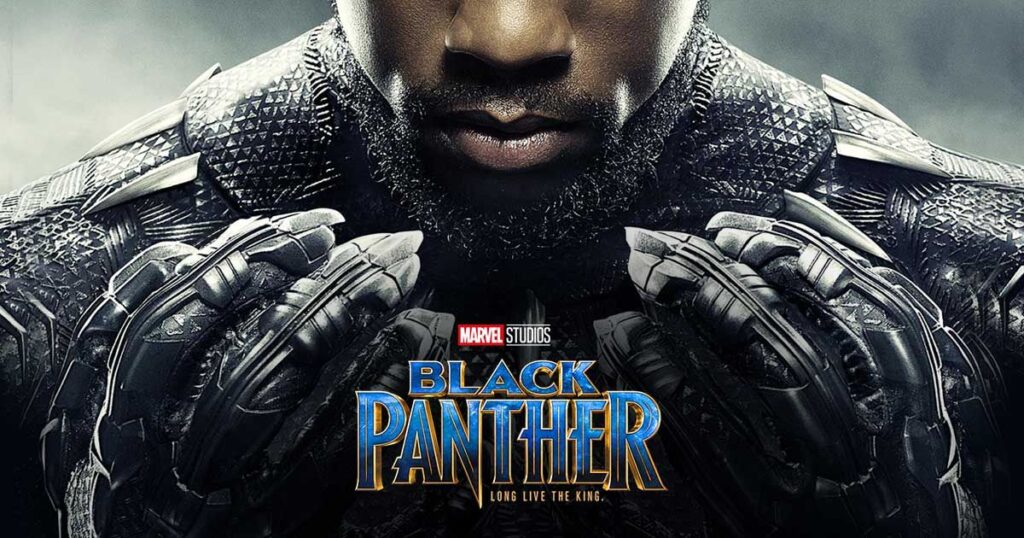
8. **Industry Reactions: A “Genius” Move Amidst Marvel’s “Low Point”**The news of Robert Downey Jr.’s return as Doctor Doom landed at a particularly interesting juncture for the Marvel Cinematic Universe. With reports suggesting the MCU was at a “low point,” this announcement was met with a mix of intrigue and critical analysis. Some might have initially viewed it as a “desperate move,” an attempt to grasp at past glories in a period perceived to be less creatively fertile. Yet, a closer look suggests that what might appear as grasping at straws could actually — “just maybe — be genius.”
The strategic timing of such a high-profile casting cannot be overstated. Bringing back an actor of Downey Jr.’s caliber, especially in a villainous role, injects a fresh dose of credibility and anticipation into the overarching narrative. It’s a bold signal to both audiences and the industry that Marvel is willing to take calculated risks to reignite its storytelling prowess and move beyond formulaic approaches.
Indeed, the success of recent Marvel outings, notably ‘Deadpool & Wolverine’, which “welcomed the long-awaited return of a fan-favourite superhero actor to huge box office rewards,” appears to vindicate such strategic gambles. That film’s opening weekend broke records, demonstrating a robust audience appetite for well-executed nostalgia and the return of beloved figures. This suggests that Downey Jr.’s return as a new, compelling character is not merely an act of desperation, but a carefully considered move designed to capitalize on audience enthusiasm for impactful, star-driven narratives.

9 **RDJ’s Preference: The Allure of “Complicated Characters”**For an actor who has just received an Academy Award for a nuanced dramatic performance, the choice to return to a blockbuster franchise, especially as a villain, might seem counterintuitive. However, Robert Downey Jr.’s own words provide a potent insight into his decision, revealing a consistent artistic preference that transcends genre and aligns perfectly with the complexities of Doctor Doom. His stated inclination for intricate roles offers a profound explanation for this surprising career pivot.
For an actor who has just received an Academy Award for a nuanced dramatic performance, the choice to return to a blockbuster franchise, especially as a villain, might seem counterintuitive. However, Robert Downey Jr.’s own words provide a potent insight into his decision, revealing a consistent artistic preference that transcends genre and aligns perfectly with the complexities of Doctor Doom. His stated inclination for intricate roles offers a profound explanation for this surprising career pivot.
As Downey Jr. concisely told reporters at the convention, “I like playing complicated characters.” This declaration is not merely a simple statement of preference but a core philosophy that has guided his most impactful performances, from his Oscar-winning portrayal of Lewis Strauss in ‘Oppenheimer’ to his defining role as Tony Stark. Each of these characters, in their own right, possesses layers of moral ambiguity, internal conflict, and profound psychological depth.
The character of Victor Von Doom, a brilliant, charismatic, and ruthlessly ambitious sovereign, presents an unparalleled opportunity for Downey Jr. to delve into the kind of multifaceted personality he relishes. Doom is not a straightforward villain; he is a figure of immense power, intellect, and often tragic motivations. This offers the newly Oscar-anointed actor a rich canvas to explore themes of power, control, and perhaps even redemption, allowing him to continue pushing his artistic boundaries within a universe he knows intimately.
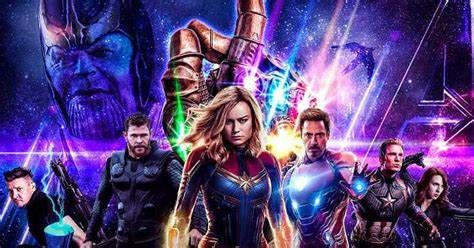
10. **Untapped Emotional Potential: Confronting a Familiar Foe in the Multiverse**The Marvel Multiverse Saga, while offering a vast canvas for storytelling, has been perceived by some as having “largely squandered” its potential “in service of throwaway cameos.” However, Robert Downey Jr.’s return as Doctor Doom, particularly with his familiar face, unlocks an “untapped emotional potential” that could redefine how the multiverse is perceived and utilized, bringing a depth reminiscent of the MCU’s most impactful narratives. This move transcends mere fan service, aiming for genuine cinematic resonance.
Imagine the profound dramatic implications of an ‘Avengers’ movie where, as the context suggests, “Tom Holland’s Spider-Man is forced to fight a guy who looks like his beloved mentor to the death.” This scenario is rife with emotional conflict, tapping into the unresolved grief and loyalty stemming from Iron Man’s sacrifice. The sight of a villain bearing the face of the person “who cradled him as he faded into oblivion apropos of The Blip” would provide a deeply personal and psychologically challenging antagonist, elevating the stakes far beyond conventional hero-villain dynamics.
This emotional complexity is what made ‘Avengers: Endgame’ so successful, not just its “litany of returning characters being smashed together like action figures.” The film’s strength lay in its “catharsis of seeing a story told across more than a dozen movies reach its payoff, and the satisfying sacrifice of characters we had built relationships with over trilogy-long arcs.” By introducing a foe with Downey Jr.’s visage, the new saga has the potential to recapture that emotional core, forcing characters and audiences to confront familiar emotional wounds in a terrifyingly new context, thus delivering truly impactful cinema.
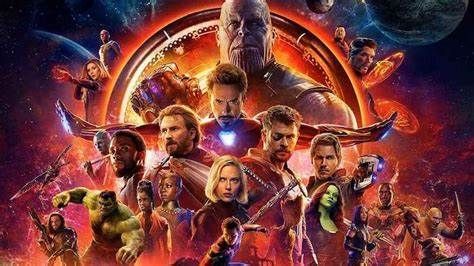
11. **The Russo Brothers’ Pivotal Return and RDJ’s Backing**The return of Robert Downey Jr. to the Marvel Cinematic Universe as Doctor Doom is not an isolated event; it is intricately linked to the strategic comeback of key creative forces who were instrumental in the MCU’s previous apex. The context reveals that the directors of ‘Infinity War’ and ‘Endgame’, the acclaimed Russo brothers, are back behind the camera for upcoming ‘Avengers’ installments, alongside ‘Endgame’ co-writer Stephen McFeely, forming a formidable creative team that evidently played a critical role in securing Downey Jr.’s participation.
The influence of the Russo brothers on Downey Jr.’s decision cannot be overstated. According to a source for Variety, he “wouldn’t have returned without them,” underscoring the deep trust and collaborative synergy that exists between the actor and the directorial duo. Their demonstrated “storytelling juice” in crafting ‘Infinity War’ and ‘Endgame’ into “resounding achievements” was undoubtedly a significant factor, promising a return to the narrative ambition and emotional depth that has been somewhat elusive in the MCU since their departure.
This reunion of talent — Downey Jr., the Russo brothers, and Stephen McFeely — signals a concerted effort to restore the MCU’s narrative momentum and silence its critics. It’s a powerful statement that Marvel is investing in proven creative partnerships to navigate its next ambitious chapters. For Downey Jr., working with directors who understand his capabilities and can craft roles that allow him to excel, particularly after his Oscar win, provides the ideal environment for this complex and high-stakes comeback, potentially transforming it into a gamble that truly pays off for all involved.
Robert Downey Jr.’s journey from Oscar triumph to his surprising re-entry into the Marvel Cinematic Universe as Doctor Doom is a testament to the ever-evolving nature of Hollywood and the enduring appeal of profound storytelling. It is a narrative woven with threads of artistic ambition, strategic industry shifts, and a deep appreciation for the complexities of character. This bold move, orchestrated by familiar architects and embraced by an actor known for his transformative power, heralds not merely a return, but a reimagining of what an iconic star can achieve. As the multiverse expands, and familiar faces don new masks, one thing remains clear: never bet against the creative alchemy that continues to define Robert Downey Jr.’s extraordinary career and the universe he helps to build. The stage is set for a cinematic era where emotional depth and intricate character work will once again take center stage, proving that even after the most definitive goodbyes, the most captivating stories are always yet to be told.



